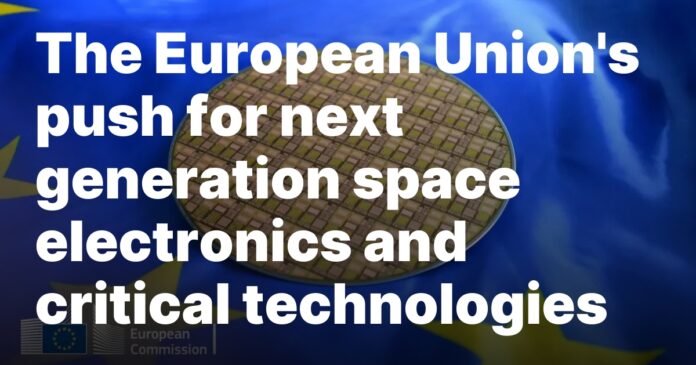## Europe’s Reaching for the Stars: The EU’s Bold Bet on Next-Gen Space Tech
Forget Martian rovers and galactic tourism – Europe is taking a different approach to conquering the cosmos. Forget flashy headlines, the EU is quietly setting the stage for a space revolution, one built on cutting-edge electronics and essential technologies. This isn’t just about satellites and rockets; it’s about harnessing the power of space to solve Earth’s most pressing problems.
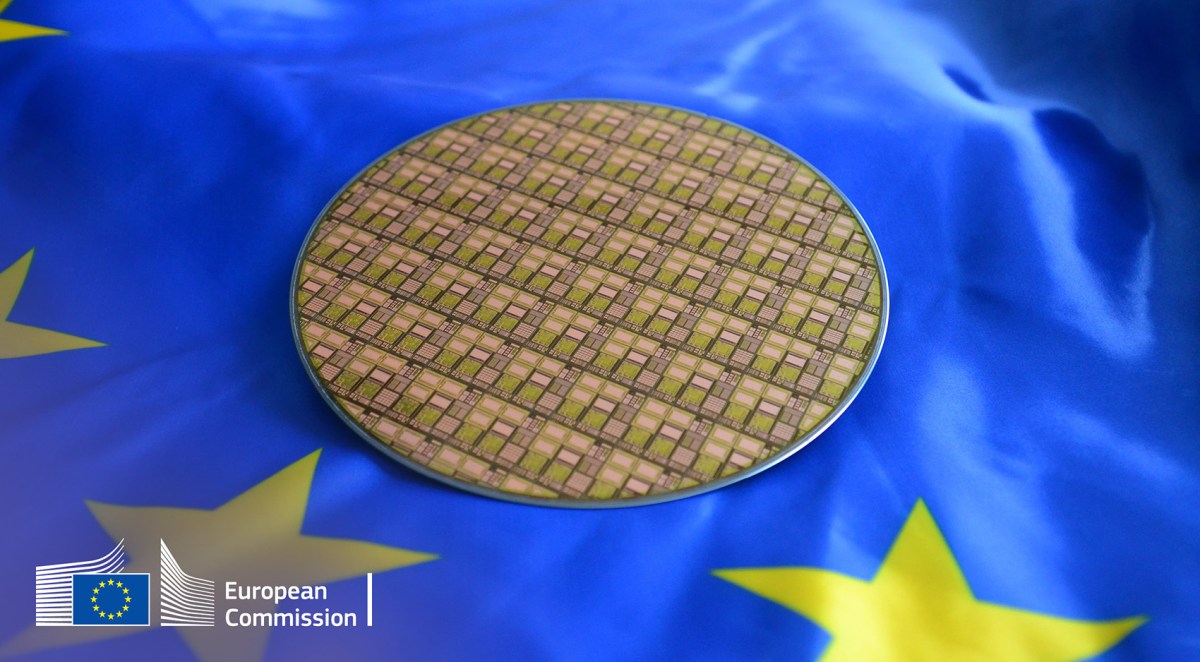
Powering the Future: European Dominance in Space Electronics
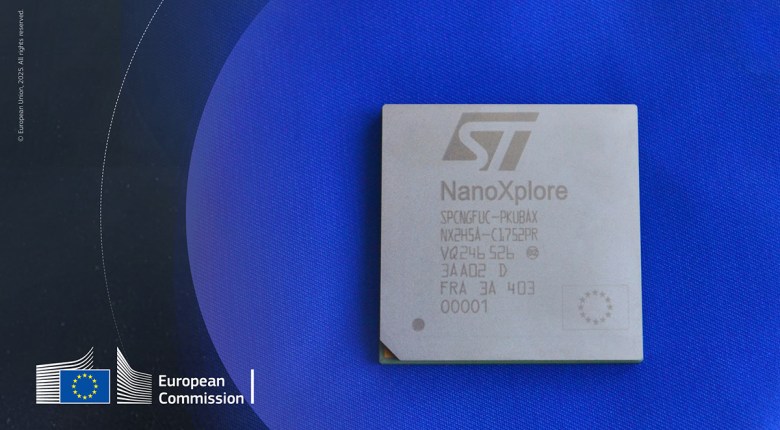
The European Union (EU) is determined to solidify its position in the global space race by fostering a vibrant and independent space technology ecosystem. This ambition is driven by a recognition that space electronics are critical components for advanced space missions, and the EU seeks to reduce its reliance on external suppliers for these vital technologies.
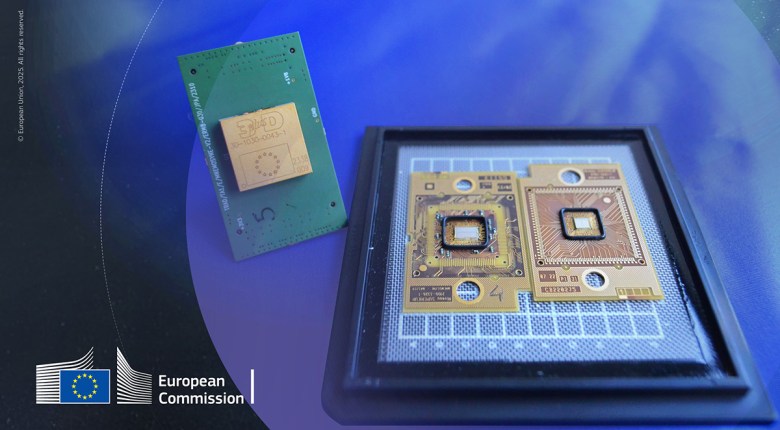
The Semiconductor Imperative: Addressing Vulnerabilities in the Global Supply Chain
Recent global events have exposed vulnerabilities in the semiconductor supply chain, highlighting the need for greater resilience and diversification. The EU, recognizing this critical challenge, has adopted a proactive approach to secure its access to advanced semiconductor technologies, particularly those essential for space applications.
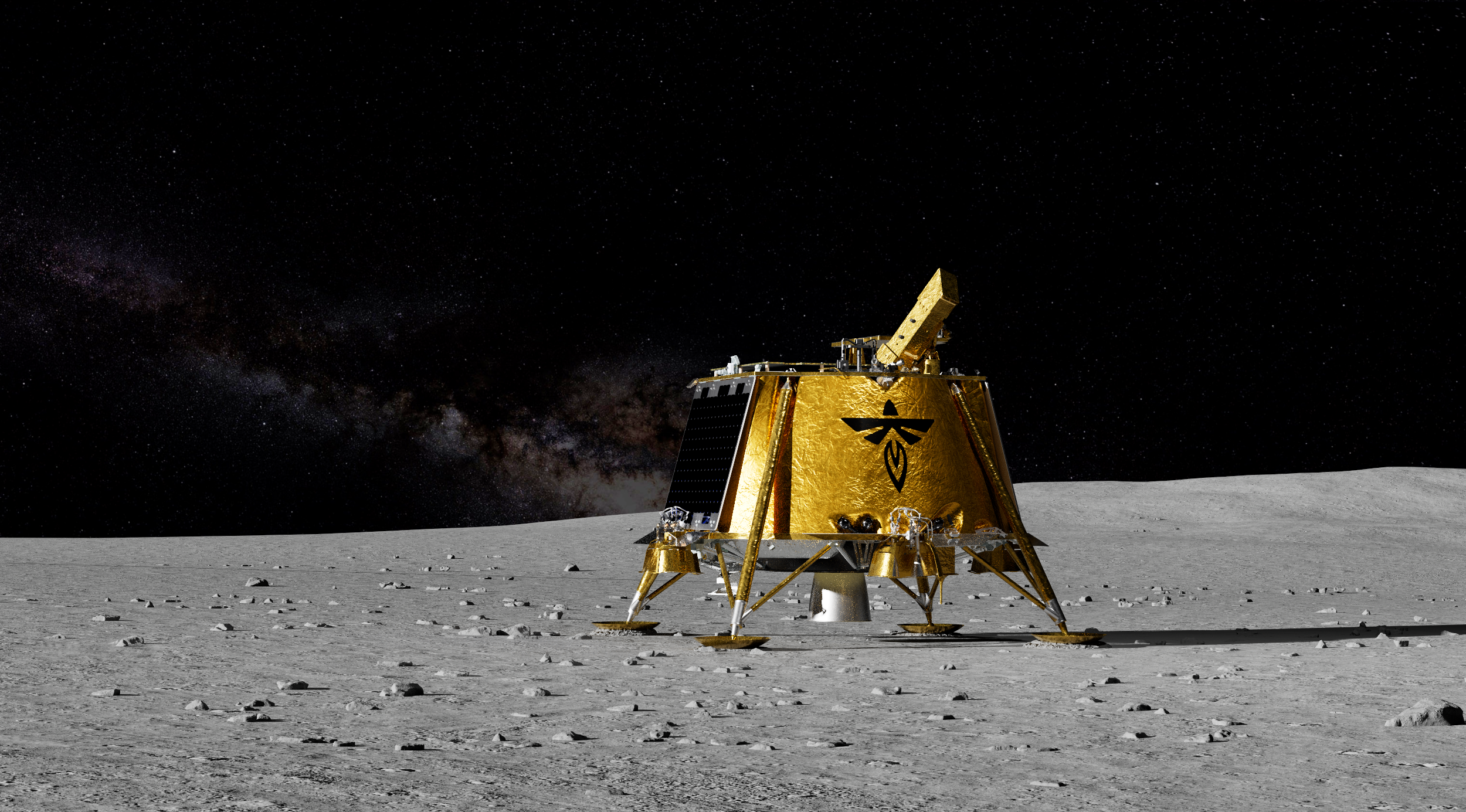
The EU Chips Act: Laying the Foundation for Space-Grade Semiconductor Production
The European Commission’s EU Chips Act is a key pillar in this strategy. This landmark legislation aims to stimulate investment in semiconductor manufacturing within the EU, bolstering its capacity to produce cutting-edge chips. By fostering a robust domestic semiconductor industry, the EU Chips Act directly addresses the vulnerability of relying on external suppliers for space-grade semiconductors, which are essential for building reliable and secure space systems.
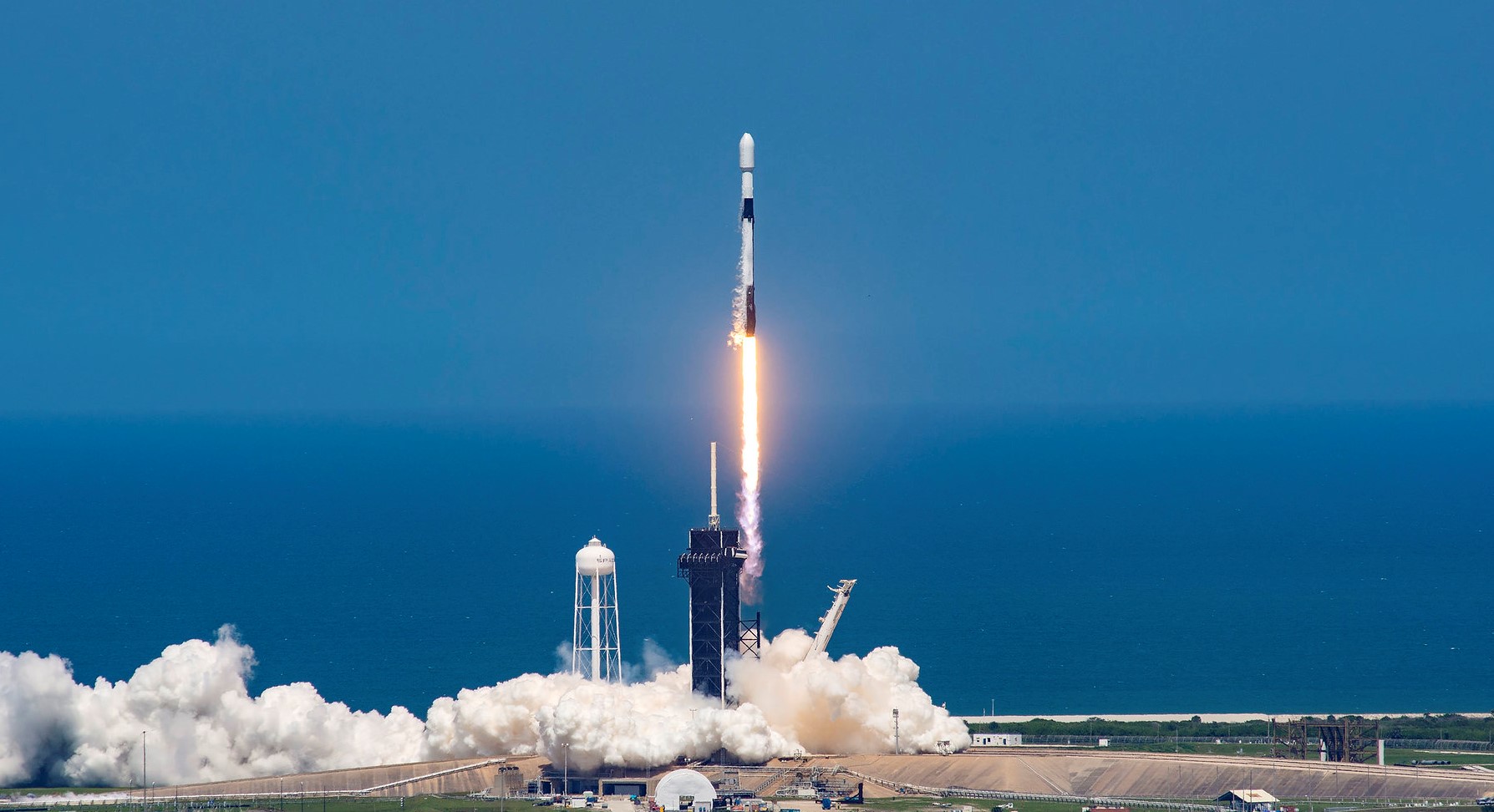
GaN Devices and Beyond: Exploring Cutting-Edge Technologies for Space Applications
The EU is actively promoting the development and application of gallium nitride (GaN) devices in space electronics. GaN offers significant advantages over traditional silicon-based technologies, including higher power density, greater efficiency, and improved radiation resistance. These characteristics make GaN particularly well-suited for demanding space applications, such as power amplifiers in satellite communication systems and high-performance sensors.

Building a Resilient Space Ecosystem: The Role of Industry and Collaboration
The EU recognizes that a thriving space sector requires a robust ecosystem of industry players, research institutions, and government agencies working collaboratively. Public-private partnerships are a cornerstone of this strategy, fostering innovation and accelerating the development of critical space technologies.

Public-Private Partnerships: The Engine Driving EU Space Innovation
The European Commission actively encourages and supports public-private partnerships (PPPs) in the space sector. These collaborations leverage the strengths of both the public and private sectors, bringing together the expertise, resources, and market perspectives needed to drive innovation and deliver tangible results. PPPs allow the EU to share the financial burden of research and development while ensuring that the resulting technologies have clear commercial applications.

A Holistic Approach: Integrating Critical Space Technologies into EU Missions
The EU’s approach to space technology development is characterized by a focus on practical applications. Rather than pursuing purely theoretical research, the EU prioritizes projects that address specific technological gaps identified through its space missions. This needs-based approach ensures that the technologies developed are directly relevant to the challenges faced by the space sector and have a high likelihood of being commercially viable.

The Future Landscape: How the EU Plans to Secure its Position in the Space Race
The EU’s commitment to building a strong and independent space sector is unwavering. Through strategic investments, targeted research initiatives, and a strong emphasis on collaboration, the EU is positioning itself to play a leading role in the global space race. By focusing on cutting-edge technologies, addressing critical vulnerabilities in the supply chain, and fostering a thriving space ecosystem, the EU aims to ensure its long-term success in the competitive world of space exploration and utilization.

Conclusion
The European Union’s ambitious plan to lead the charge in next-generation space electronics and critical technologies, as outlined in the SpaceNews article, signals a crucial turning point for the continent’s space ambitions. By fostering innovation in areas like photonics, quantum computing, and high-performance computing, the EU seeks not only to enhance its own space capabilities but also to secure its position as a global leader in this rapidly evolving field.
This initiative carries profound implications. It promises to drive economic growth, create high-skilled jobs, and solidify Europe’s role in shaping the future of space exploration and commercialization. Moreover, advancements in these critical technologies will have a ripple effect across various sectors, from telecommunications and healthcare to climate monitoring and scientific discovery. As the EU embarks on this journey, it will undoubtedly face challenges, including securing funding, fostering collaboration, and navigating complex regulatory landscapes. Yet, the potential rewards are immense, promising a future where Europe plays a pivotal role in unlocking the boundless possibilities of space.
The EU’s commitment to space innovation is a bold declaration, a testament to its unwavering belief in the transformative power of technology. As we look to the stars, one thing is certain: Europe’s journey into the next generation of space exploration will be one to watch, a story of ambition, ingenuity, and the relentless pursuit of knowledge beyond our world.
